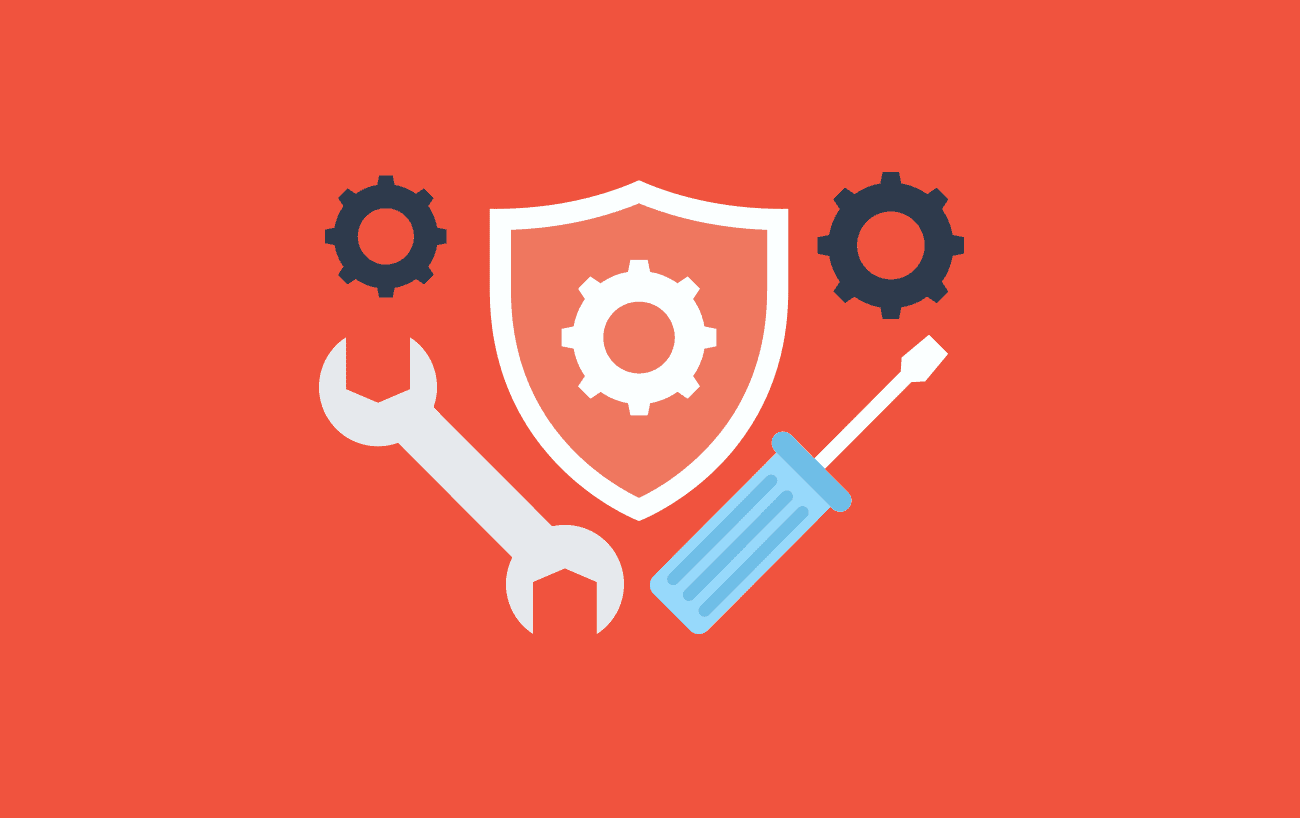All companies are seeking to expand their business and finding ways to reach and exploit new markets is key to this. Establishing a presence via a subsidiary or branch offers many advantages for both the company and its end users; however, for smaller companies this is often prohibitively expensive, despite the advantages. For this reason many people turn to established distributors, who will not only sell their products but have an existing knowledge of the market in their areas, and avoids the costs of setting up a new legal entity, premises and staffing costs.
However, with distributors there’s always a small disconnect for the customer between you and your expanded customer base and many customers may prefer to go straight to the horse’s mouth, as it were, to feel they are getting the best deal and service.
PSL, by co-operating with Abcore and 2BScientific, within North America and Europe respectively, is now offering a way to bring together the advantages of both approaches. We did a quick Q&A with Abcore’s Sales and Marketing Manager David Barraclough to find out more about how this works what its advantages are.
What are the main differences between the services offered here and, say, a regular distributor agreement?
Well, firstly, we work together with manufacturers to sign an agreement with them about how we will work, which on the surface doesn’t sound especially different to what happens with a normal distributor. However, the key difference is that with this approach manufacturers get to look – to the customer – as though they have a physical presence, an office, set up here in the US, without the hassle and expense of actually having done so.
So, how does that work? You won’t be selling the products yourself, as Abcore?
Yes and no. For each manufacturer we work with we’ll set up new phones lines and staff them ourselves. But when a customer calls that number it’ll be answered as though it’s the manufacturer on the end of the line, and deal only with their product catalogue. For the customer, it’s just like calling the manufacturer direct, except it’s staffed by people here from the US and in US hours.
What other advantages are there?
Well, for a start we have a good deal of experience with customs and regulatory agencies here in the US, and can bring this to bear for new manufacturers, helping them avoid any delaying pitfalls getting things over the border. Things like getting the right USDA and FDA clearance, which can be a bit tricky at times.
So you’ll stock products and ship them direct from yourselves?
That’s right. For the customer this is probably one of the main advantages. We’ll work with manufacturers to ensure we have stock on site, which means that we can do next day deliveries for urgent orders, and with lower shipping charges than if shipped from abroad.
What about if customers have any problems, or need technical support for a product?
With the companies we’re currently working with we had discussions with them right from the beginning to clarify what questions they were comfortable with us taking and they educated us on some of the most frequently asked questions. If there is a question we can’t answer, we either take a message or refer them to the company’s tech support email address, whichever the company wants. So again, there shouldn’t be any break in the appearance that the customer is dealing with the company direct. It means that, during normal US hours, the customer always gets in touch with knowledgeable people, not an answering service or voicemail.
So the approach can be a little different depending on the companies involved?
Yes, that’s right. We’ve been working with a few companies like this for a few years now, and refined the approach as we’ve found what works best for us both over time. We’ve found that the approach of being ‘silent’ hub seems to work best.




